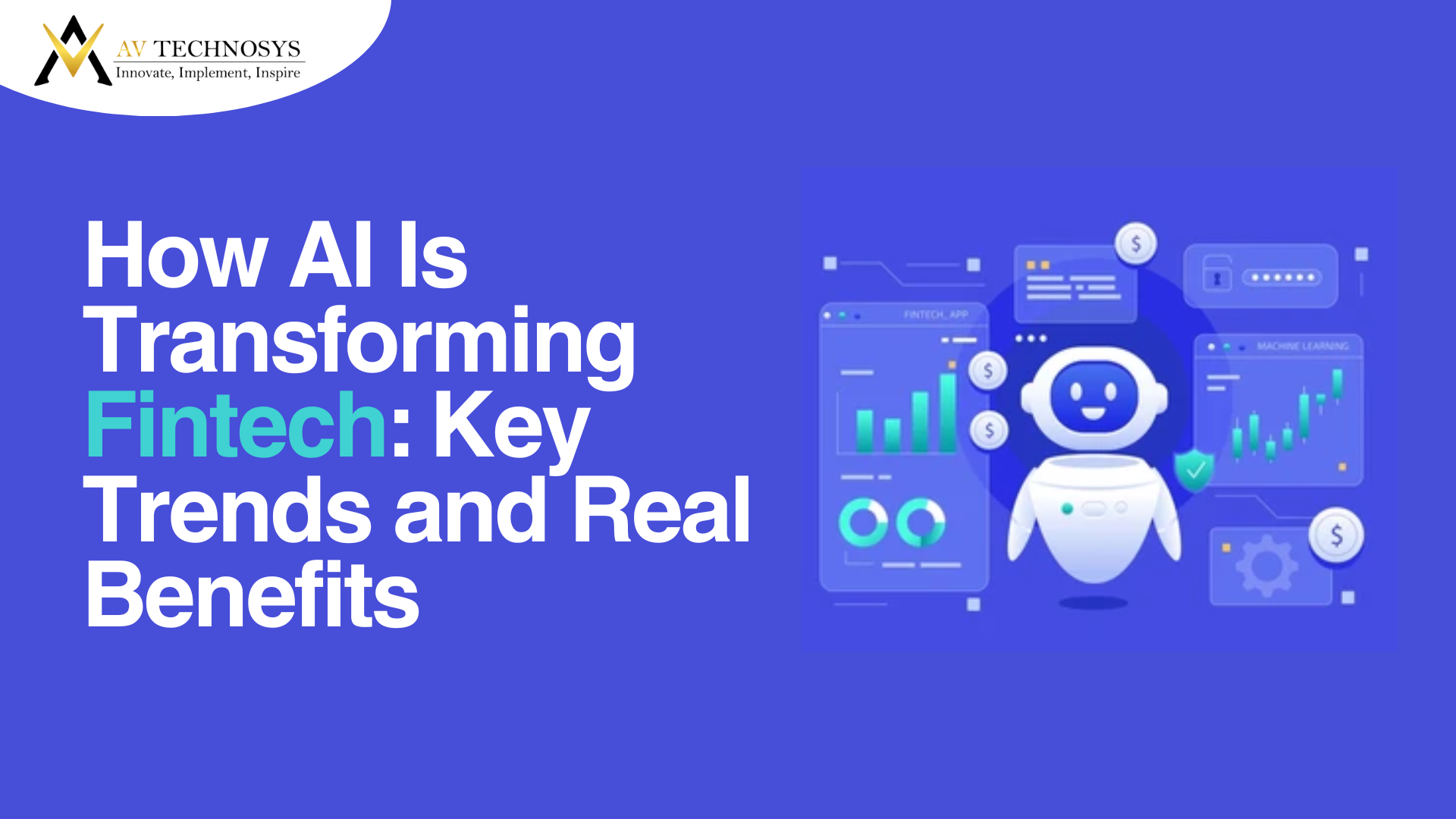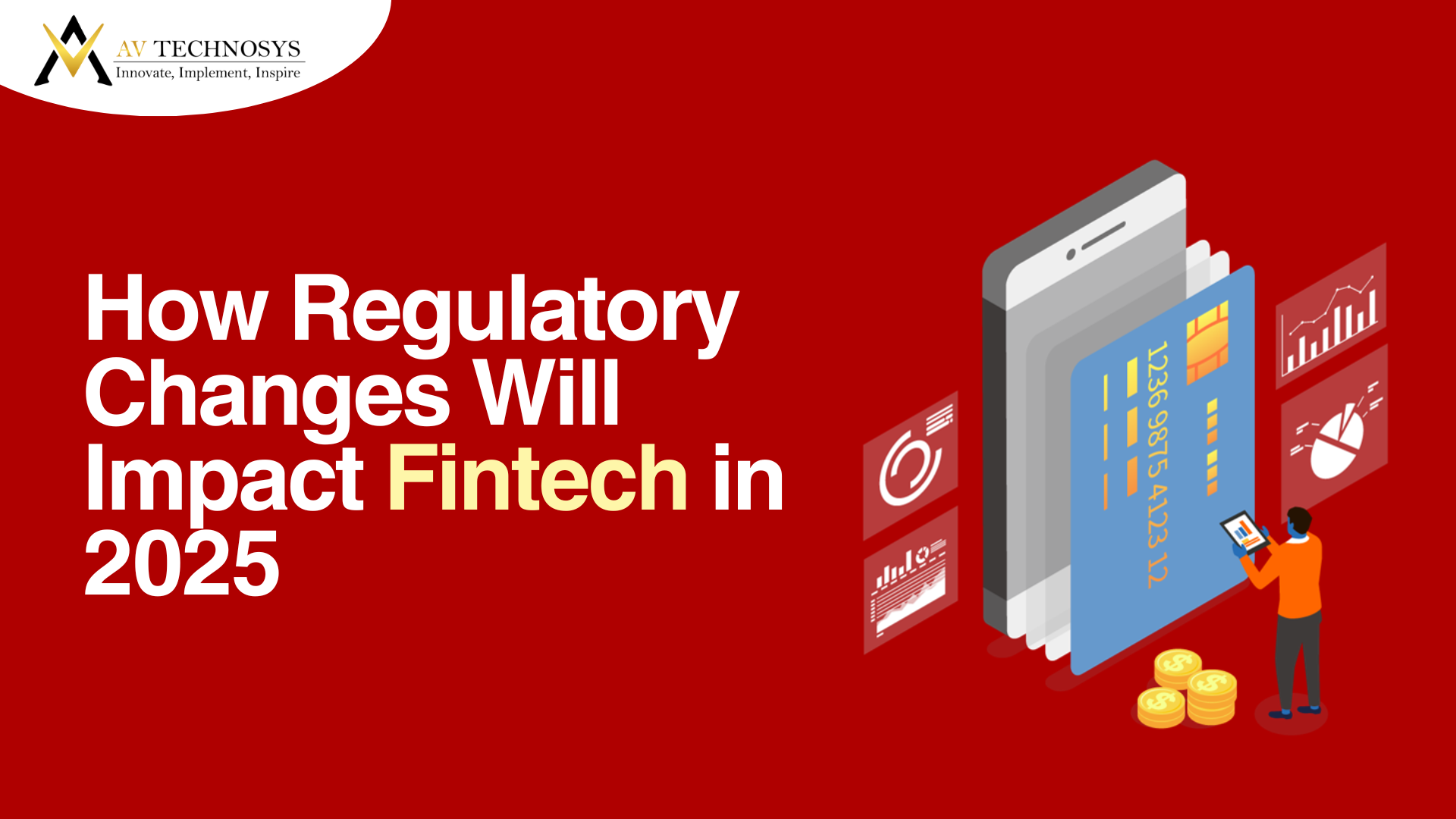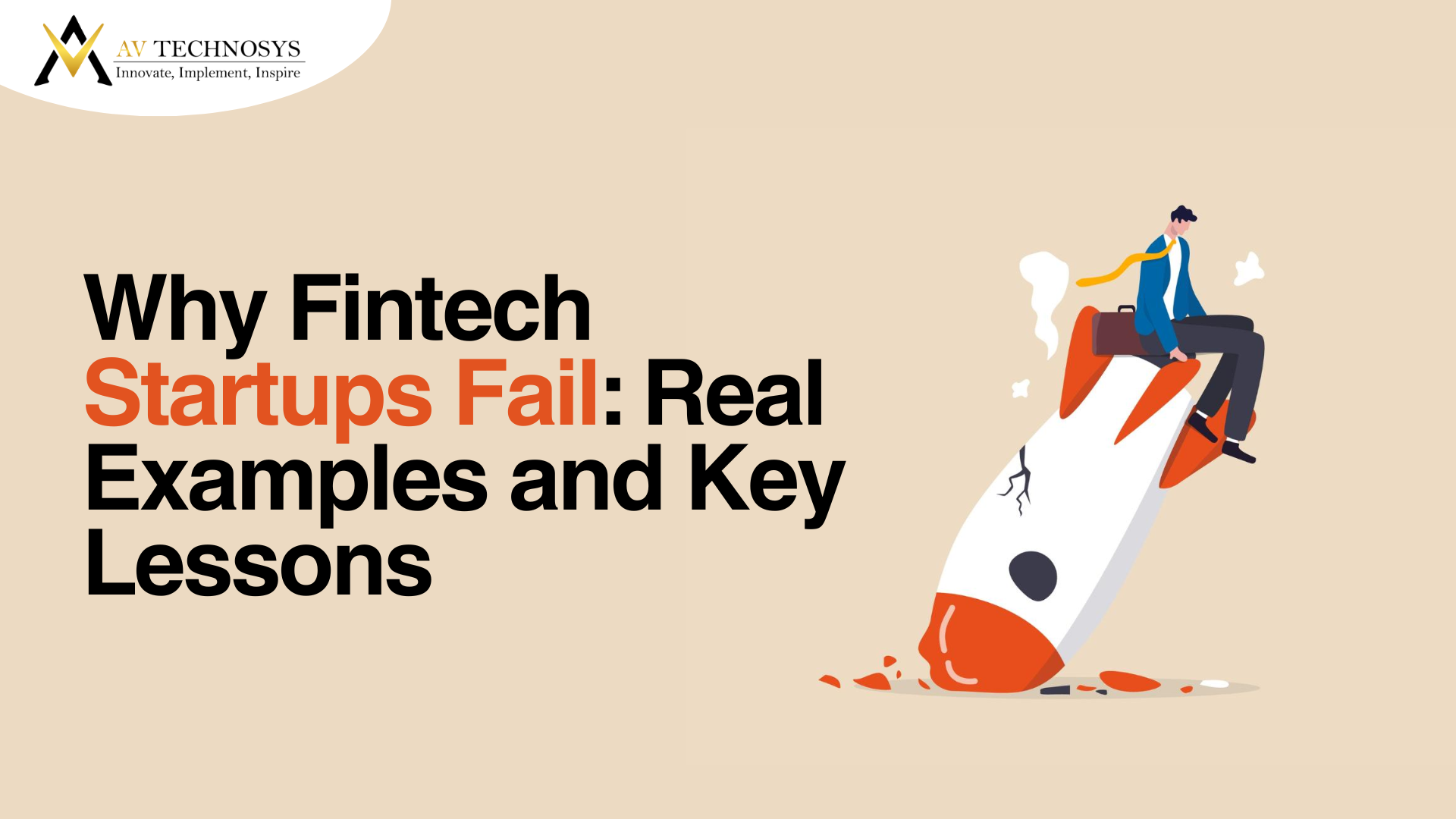How to Hire Dedicated E-commerce Developers in 2025
Find out how to hire skilled e-commerce developers in 2025 to build high-converting, scalable online stores.


E-commerce
With new technologies, customer trends, and business models changing how online retailers function, the e-commerce landscape is still changing quickly. The need for qualified, committed e-commerce developers has increased dramatically as companies look to maintain their competitiveness in 2025. Hiring the best ecommerce developers is essential for success, whether you're starting a new online store, updating the current platform, or creating unique features.
We'll cover all you need to know in our in-depth guide on hiring committed e-commerce developers in 2025, from comprehending the skills and market trends to properly screening applicants and onboarding your staff.
Why Should You Hire a Dedicated E-commerce Developer?
In a digital-first era, the success of your business hinges on the strength of your e-commerce platform. Hiring a skilled e-commerce developer ensures your online store is not only visually appealing and easy to navigate, but also fully aligned with your brand’s identity and strategic objectives. Rather than relying on one-size-fits-all templates, a dedicated developer crafts a tailored solution designed specifically for your business, audience, and growth trajectory.
With hands-on experience in platforms like Shopify, Magento, WooCommerce, and BigCommerce, professional developers can unlock advanced features, enhance performance, and deliver a seamless shopping experience for your customers. Their technical know-how ensures your store loads quickly, functions smoothly, and is optimized for conversions.
As your operations expand, a dedicated e-commerce developer becomes even more valuable. They can build scalable systems that accommodate growing traffic, larger product ranges, and evolving feature requirements. From integrating payment gateways and CRM platforms to automating inventory management, they streamline your entire workflow for greater efficiency.
Beyond the initial build, having a developer onboard means you get consistent technical support, regular updates, and timely bug fixes. This keeps your platform secure, up-to-date, and performing at its best. Ultimately, hiring an e-commerce developer isn’t just a cost it’s a strategic investment in the long-term success and scalability of your digital business.
Hire Expert eCommerce Developers for Top Platforms
Proficiency in Leading Platforms
Our developers are certified experts in Shopify, Magento, WooCommerce, BigCommerce, and other top platforms, helping you choose and build the best fit for your business.Custom Store Development
We don’t believe in cookie-cutter websites. Your online store will be custom-developed to reflect your brand identity, buyer journey, and unique selling points.Mobile-First, Responsive Design
Every store is optimized for mobile and tablet users, ensuring a seamless shopping experience across all devices.Seamless Integrations
Need to connect your store with third-party tools? We integrate everything—from payment gateways and shipping providers to CRMs, ERPs, and marketing tools—without disrupting performance.Speed & SEO Optimization
Clean, lightweight code and optimized performance boost your site speed and search engine visibility, helping you attract and retain more customers.Scalable Architecture for Growth
As your business expands, your store will grow with you. Our developers build scalable systems ready to handle increasing traffic, products, and complex features.Headless & API-Driven Solutions
Want a futuristic, lightning-fast experience? We offer headless commerce development with technologies like React, Next.js, and APIs for unmatched flexibility and speed.Post-Launch Support & Maintenance
Our partnership doesn’t end at deployment. We provide ongoing maintenance, security updates, bug fixes, and performance tuning so your store stays secure and reliable.Agile Development Approach
We work in sprints with full transparency, giving you complete control over timelines, deliverables, and project updates.Global Talent, Cost-Effective Rates
Choose from a pool of vetted global eCommerce developers, offering you world-class talent at competitive pricing that fits your budget.
Important Domains and Functions of eCommerce Developers
The correct kind of developer must be hired while creating an eCommerce site. Because each type focuses on a particular field, your project will be built with accuracy and knowledge. The main categories of eCommerce developers available for employment, along with their functions, are listed below:
1. Developers of Front-End
Your eCommerce website's interactive and graphic elements are made by front-end ecommerce developers. They guarantee that your platform is responsive on all devices, aesthetically pleasing, and easy to use. Creating layouts, putting features like navigation menus into place, and making sure that customers interact with the site seamlessly are all part of their job. They frequently utilize HTML, CSS, JavaScript, and frameworks like Angular or React.
2. Developers of Back-End
The server-side components of your eCommerce website are managed by committed back-end web developers, who concentrate on integration, data administration, and functionality. Behind the scenes, they make sure that order management systems, database interactions, and payment processing all function properly. Database management systems like MongoDB or MySQL, as well as programming languages and frameworks like Node.js, Python, Ruby, and PHP, are frequently used by back-end developers.
3. Full-Stack Programmers
Both front-end and back-end development are areas of knowledge for full-stack e-commerce developers. They are a flexible option for companies seeking a more efficient method because they are able to oversee the complete development process. Employ full-stack engineers who can handle all aspects of an eCommerce solution, from server-side operations to user interface design. They are perfect for startups and small enterprises looking to maximize output while minimizing staff size because of their diverse skill set.
4. Developers Particular to a Platform
Platform-specific developers are experts at creating e-commerce solutions for particular platforms, like BigCommerce, WooCommerce, Magento, or Shopify. Their specialty is tailoring these platforms to your particular business requirements. They make sure you get the most out of their chosen platform by being aware of its subtleties and the plugins and extensions that are accessible. Employing an expert can save time and provide a superior, customized solution if you're dedicated to a specific eCommerce platform.
How Can Your Next Project Benefit from Hiring an E-Commerce Developer?
Consider your goals.
Declare your e-business's goals and objectives clearly. Consider the intended user experience, the target audience, the required features (catalogs, payment solutions, etc.), and certain technological aspects. To ensure that prospective developers are on the same page with you when you communicate with them, you must clearly outline your goals.
Calculate the Project's Cost
Give careful thought to estimating your project's overall budget. Add the software design, testing, maintenance features, development cost, and any potential post-launch modifications. When negotiating with a potential developer, the finest financial plan can help you set clear expectations and define the parameters of your project.
Determine the Developer's Needs
First, choose between hiring a development agency, hiring independent contractors, or hiring in-house developers. Freelancers are a good fit in situations where cost savings and flexibility are important considerations because they do specified tasks without working for the organization full-time.
Certain projects are a good fit for independent contractors due to their affordability and ease of use. Dedicated developers for hire are typically easy to work with, and someone is always available. Agencies offer a group of experts with a variety of backgrounds and abilities. The size and scope of your project, time constraints, and budget will all play a role in your hiring selection.
Examine the applicants' backgrounds and skill sets.
Please take note of their credentials in areas related to e-commerce development during the assessment. You might also be interested in learning more about certain projects they have worked on, their role, challenges, and contribution to the project's success. Examine their prior work to determine the caliber and applicability of the projects they have finished.
Add Selected Developers
Launch an onboarding procedure as soon as you have decided which e-commerce web developers to hire. Assist them with their task by providing them with the necessary tools and project paperwork. Make sure that the project timeframe, working structure, expectations, and communication are all well established. A successful onboarding program guarantees that relationships with coworkers begin on a positive tone.
When Does Your Company Need to Hire an E-Commerce Developer?
An e-commerce web developer is a specialist with deep expertise in the technologies, frameworks, and platforms required to build high-performing e-commerce solutions. These professionals bring years of hands-on experience, cutting-edge tools, and strategic insight to ensure that your digital store operates smoothly and efficiently.
Recent statistics suggest that by 2040, a staggering 95% of all purchases will be made through e-commerce platforms. With over 24 million online retail websites across the globe including giants like Amazon, Myntra, and Flipkart the digital commerce space is more competitive than ever.
Key Benefits of E-commerce Application Development:
Strong Network Effects:
As more users interact with your platform, the value of your store increases—both in visibility and trust.Innovation with AI Integration:
Advanced analytics and artificial intelligence help personalize experiences, automate processes, and optimize decision-making.Lower Transaction Costs:
Efficient digital platforms significantly reduce operational and transaction-related expenses.Enhanced Customer Trust:
Secure payment gateways, real-time support, and smooth user journeys build confidence and long-term loyalty.Boost in Profits and Sales:
A professionally developed e-commerce site improves customer experience and conversion rates, leading directly to increased revenue.
Despite the rising importance of online sales, over 40% of small businesses in the U.S. still lack an online store. In fact, 25% of small business owners cite the lack of technical expertise as the main reason they haven’t built a website.
That’s where hiring professional eCommerce developers especially through a trusted IT staff augmentation agency comes into play. These developers can bridge the technical gap, accelerate time-to-market, and give your business a competitive edge in the digital economy.
Conclusion
Hiring an e-commerce developer cannot be overstated in today’s expanding digital landscape. As businesses scale, having the right technical expertise becomes essential. These skilled and socially perceptive professionals can elevate your online store and help you achieve your long-term business goals. Whether you’re working with independent freelancers, building an in-house team, or partnering with a specialized agency your choice plays a crucial role in shaping your brand’s presence and credibility online.
At AV Technosys, we connect you with top-tier e-commerce developers who understand your vision, align with your goals, and deliver high-performance digital solutions to your needs.
Partner with AV Technosys today and let our experts build the online store your business deserves.
FAQs
1. What skills should I look for in a dedicated e-commerce developer?
Look for expertise in popular platforms like Shopify, Magento, WooCommerce, strong knowledge of front-end and back-end technologies, API integration skills, and experience with security best practices.
2. Should I hire freelance developers, an agency, or full-time employees?
It depends on your project size, budget, and long-term plans. Freelancers are flexible for short-term needs, agencies offer comprehensive services, and full-time employees are ideal for ongoing projects.
3. How much does it cost to hire dedicated e-commerce developers in 2025?
Costs vary by region and experience but expect rates between $25 to $150+ per hour. Offshore developers can offer cost savings without compromising quality.
4. How do I ensure effective communication with remote e-commerce developers?
Use project management tools, schedule regular video calls, set clear milestones, and maintain transparent documentation to keep everyone aligned.
5. How long does it typically take to build a custom e-commerce store?
Depending on complexity, it can take from 2 to 6 months or more. Factors include features, integrations, design requirements, and testing.
📬 Get in Touch With Us
Name
Mobile No.
Message
Our Latest Blogs
Get the most recent information on trends, technology, and development insights.
View All Blogs

Ashish Bishnoi
07-05-2025
Discover how AI is reshaping fintech with key trends and real-world benefits driving innovation in 2025.

Veer choudhary
08-05-2025
Explore how new regulatory changes will shape the future of fintech in 2025 and beyond.

Veer choudhary
11-05-2025
Learn why fintech startups fail with real examples and key lessons to build smarter in 2025.
Our Technology Experts Are Catalysts for Digital Transformation
Book a Free call with Our Experts and Start Building the Future Today.

INDIA
238, 2nd floor, Purani Chungi,
DCM Road, Vaishali Nagar,
Jaipur, Rajasthan, 302017
+91 9983034111

UK
1-3 St Nicholas Street Worcester
WR1 1UW, United Kingdom
+44 7470994018

UAE
M01, AL Mulla Building 2,
Near Burj Nahar Mall, Deira, Dubai
+971 521665467







